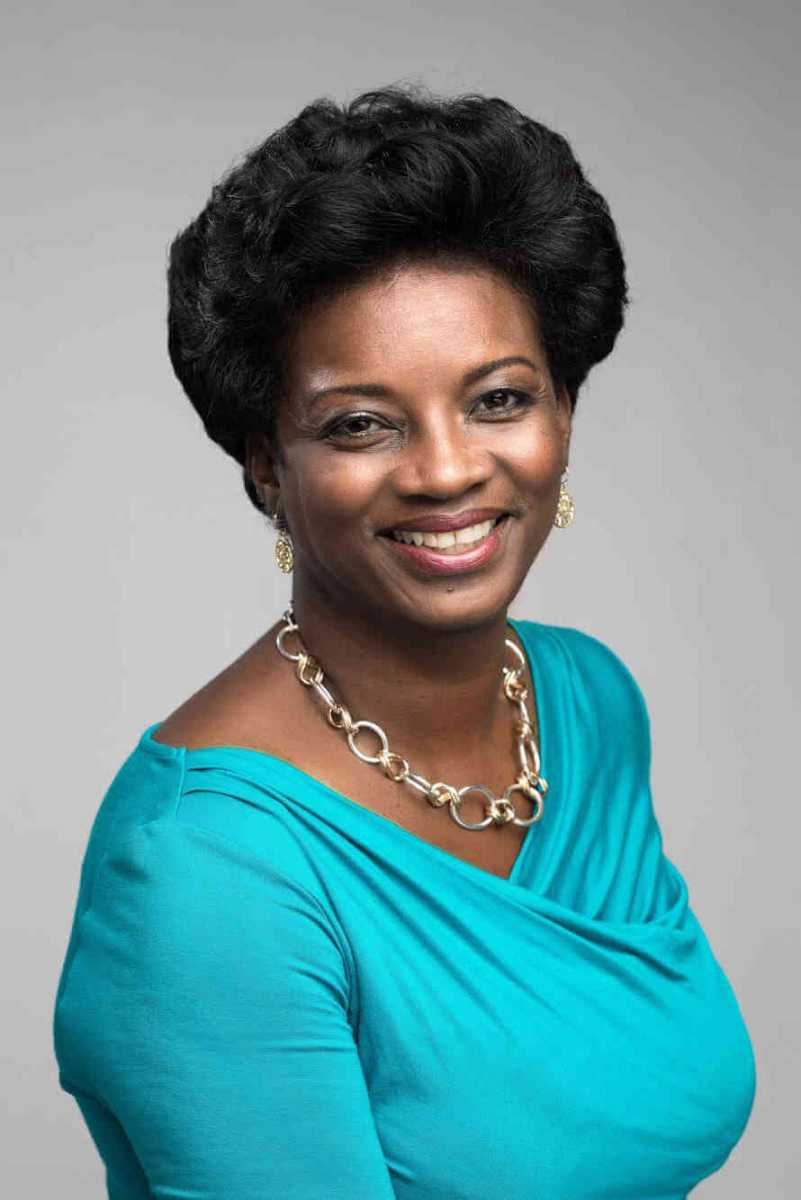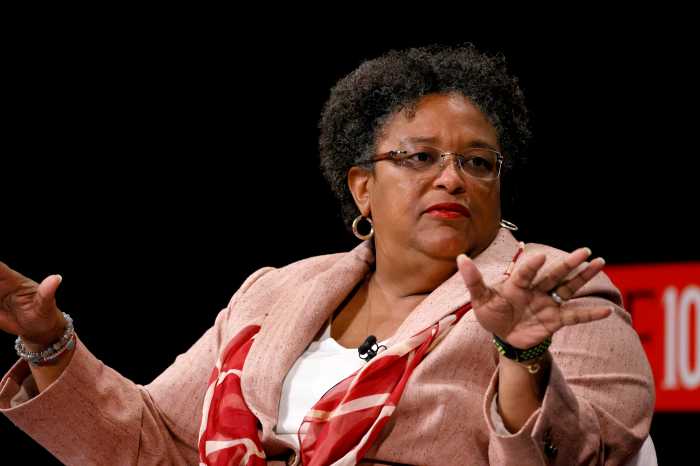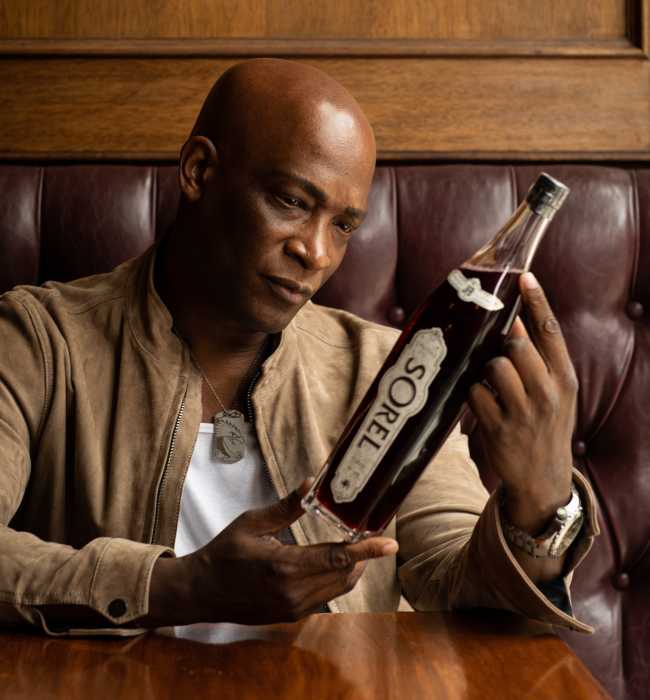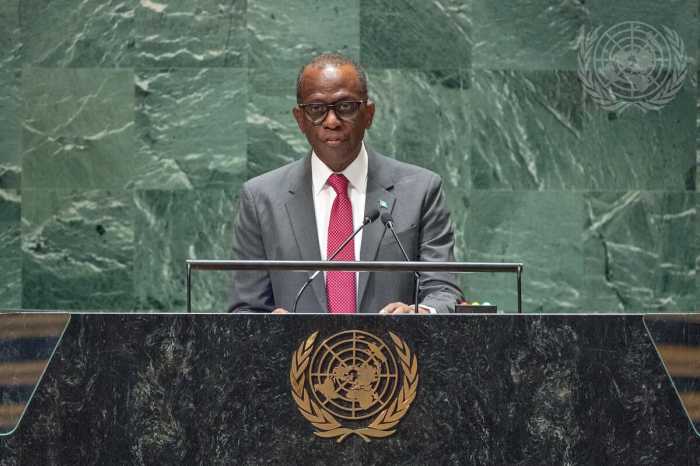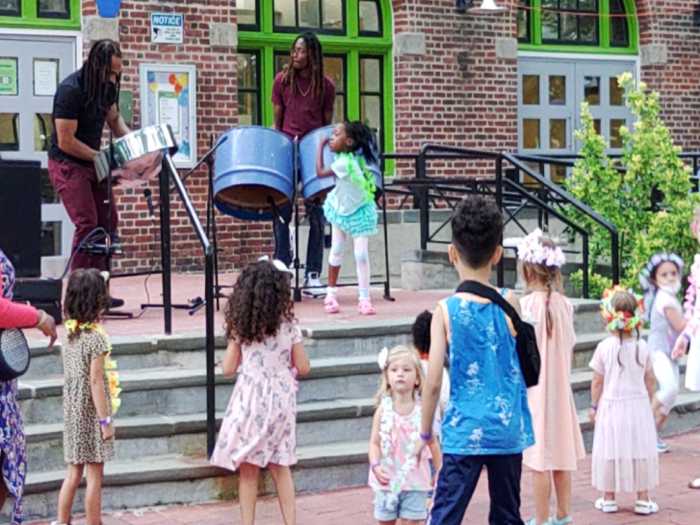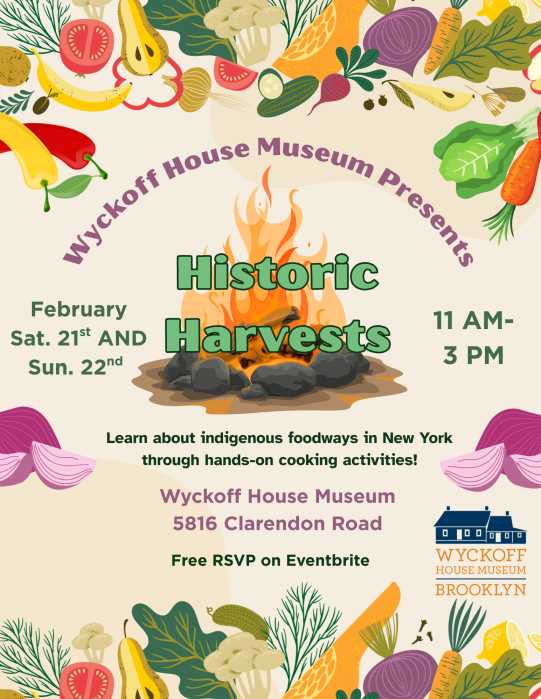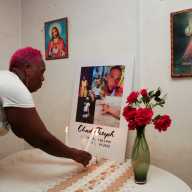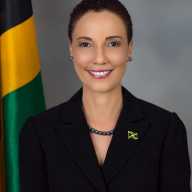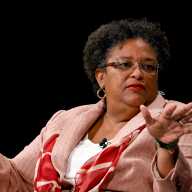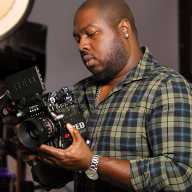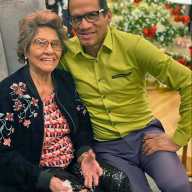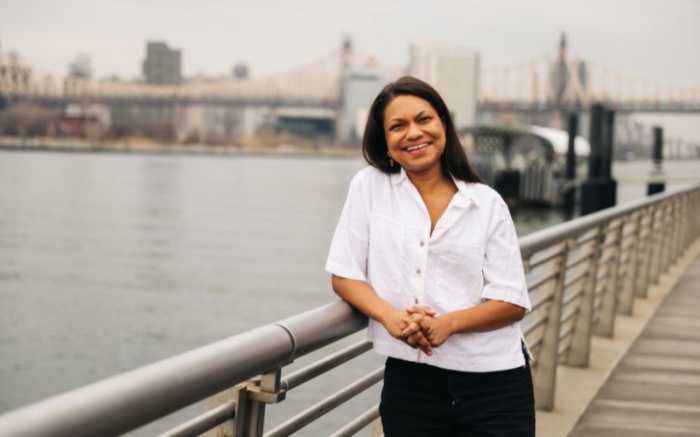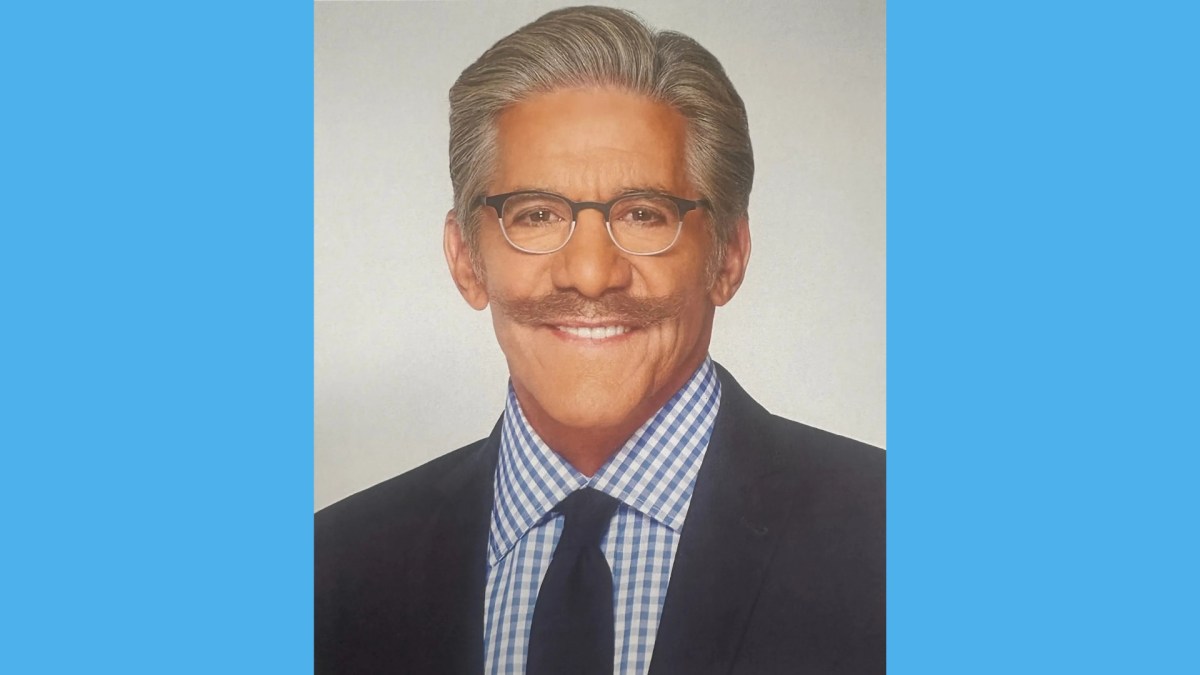A Barbadian genealogist is helping people of Caribbean descent trace their lineage.
Ancestry historian Sandra Taitt-Eaddy recently hosted a genealogy workshop at Brooklyn Public Library last weekend, to provide a roadmap for the inquiring minds interested in learning about their Caribbean ancestry. One of the first questions she raises for people seeking out her help, is having them analyze the reasoning behind their curiosity as an aide in her investigation.
“I always begin with the question ‘Why family history?’ And what I hear is that most people just want to understand who they are and where they come from,” she said.
The growing interest in genealogy is something that Caribbean people can highly benefit from because it not only aids many in discovering more about their roots, but familiarizes them with the names of people they are related to but not acquainted with, said Taitt-Eaddy. She said her particular interest was to ensure her future was not left with her same yearning.
“It’s important also because what if someone has left property with no will?” said Taitt-Eaddy. “You need to be able to establish kinship before you can make a claim. For me, I wanted to understand my ancestry in order to properly transfer that knowledge to my children, and I think that’s what a lot of people are looking for. They’re looking to be grounded.”
Her research mostly covers discovering ancestry in Barbados and other Caribbean countries formerly colonized by the British. But a similar mode of tracing can be used to track ancestry in other countries with similar practices in formerly colonized or current French and Dutch territories, said Taitt-Eaddy. She formed her website Bajan Genealogy to assist people in exploring.
And she emphasizes extra interest for Barbadians in the states, noting that the U.S. census shows the average age for a Barbadian living in the U.S. is 50 years old, and as a group — new immigration rates are slowly growing.
“It is imperative that we capture as much oral tradition as we can from our elders before they pass on,” said Taitt-Eaddy.
When slavery was abolished in the British colonies in 1838, enslaved people were documented Anglican church records. But prior to that few people had surnames and there was no system to account for the majority of those people, according Taitt-Eaddy. She also adds that contrary to popular belief — the surnames formerly enslaved persons acquired post-abolition were not always the names of their enslavers.
And she says this is where she underlines oral histories and traditions, and encourages people to discuss with elders in their family about their memories and whatever knowledge that was passed down to them.
Several methods people can employ into their journey to trace their ancestry is through the use of online resources and books that give historical context to the records and investigating the locations where ancestors lived, according to Taitt-Eaddy. Post-abolition and before government agencies kept vital records, religious institutions were the primary record keepers. And investigating baptisms, marriage, and burial records from Anglican or other church denominations is a sure way to discovering that information.
She says where these records end, particularly for families descended from the enslaved, she often encourages people to consider DNA kits.
Eaddy says her primary goal is not only to expand an interest in genealogy tourism as well, but to get people to form a relationship with Barbados or their respective islands of ancestry.
“I want people to know that there are multitudes of resources online that can help people access information about their roots,” she said. “We want you to come to Barbados, and reconnect with your family and your heritage.”


